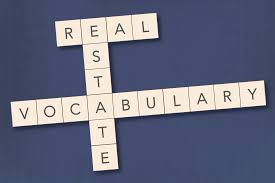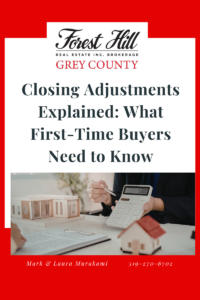When you’re about to enter the real estate market, it is vital that you have a full understanding of the language and terminology so that you can avoid unpleasant surprises. Your real estate agent should review all documentation with you in detail to make sure that you are completely comfortable before asking you to sign anything, and your lawyer will ultimately do the same, but it is your responsibility as the property owner, or potential owner, to get yourself as informed and educated as possible right from the start. Here’s a list of terms and explanations to get you started…
Amortization
The number of years it will take to pay off a mortgage loan in full.
Appraised Value
An estimate of the value of a property as completed by a qualified Appraiser. Appraisals are generally completed at the request of a lender and the buyer is usually expected to cover the cost (approximately $300).
Assumability
Allows the buyer to take over responsibility for the seller’s existing mortgage on a property. Speak with your lender about whether or not this is an option for you.
Closed Mortgage / Open Mortgage
A closed mortgage locks the borrower in to a specific payment schedule for a set period of time and a penalty will apply if the loan is repaid or refinance before the end of that term. Closed rate mortgages can have variable interest rates or fixed interest rates. (ie: A 5 year fixed and closed mortgage locks you in to a preset payment schedule at a preset interest rate. A 5 year variable closed mortgage locks you into a preset payment schedule but the interest could change during that term depending on lending rates.)
An open mortgage allows for partial or full repayment of the principal amount at any time, without financial penalties.
Down Payment
The amount of cash that a buyer will provide to put toward the purchase of a property once their offer has been accepted. The down payment will then be deducted from the total purchase price. The mortgage will cover the remaining amount owing. The down payment is the difference between the purchase price and the mortgage amount. The minimum amount required for a down payment depends on the total cost of a property but is generally between 5-20% of the purchase price.
Equity
The difference between the potential sale price of a property and the total amount of debts against it. (ex: mortgage, secured line of credit, liens, etc) If you buy a house with a 20% down payment you will have 80% equity right from the start.
Land Transfer Tax
A fee paid to the municipal and/or provincial government for the transferring of property from the seller to the buyer. The amount is normally based on the amount paid for the land in addition to the amount remaining on any mortgage or debt assumed as part of the agreement.
Mortgagee / Mortgagor
The mortgagee is the financial institution that is lending funds for the purpose of buying a property. The mortgagor is the individual(s) who are borrowing those funds…you.
Mortgage Insurance
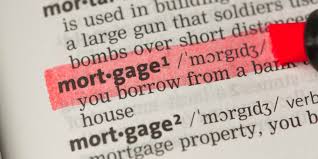 Applies to high ratio mortgages (those with a down payment of less than 20% of the purchase price). Mortgage Insurance protects the lender against a loss if the borrower is unable to repay the mortgage. Usually, the lender will require the borrower to pay the premiums for this coverage but it will be built into the regularly scheduled mortgage payments.
Applies to high ratio mortgages (those with a down payment of less than 20% of the purchase price). Mortgage Insurance protects the lender against a loss if the borrower is unable to repay the mortgage. Usually, the lender will require the borrower to pay the premiums for this coverage but it will be built into the regularly scheduled mortgage payments.
Mortgage Life Insurance
Life insurance on the borrower(s) to pay off any balance owing on a mortgage if the borrower dies.
Pre-Approved Mortgage
A brief mortgage qualification to help a buyer understand how much s/he can afford to spend on a property. A pre-approval IS NOT A FIRM MORTGAGE APPROVAL and buyers should get a formal written approval letter from their lender before making a form offer to purchase any property.
Second Mortgage
Additional financing on a property where a First Mortgage was used to make the purchase. Second mortgages usually have shorter terms and higher interest rates.
Title
A legal document outlining ownership details for a property. Lawyers sometimes recommend that buyers purchase Title Insurance. Title Insurance protects the borrower and the lender from the possibility that the seller (or previous sellers) doesn’t have free and clear ownership of the property and, therefore, can’t rightfully transfer full ownership to anyone.
Vendor Take-Back Mortgage
When a seller provides some or all of the mortgage financing in order to sell their property. If the buyer defaults on the pre-arranged payments set up as part of a vendor take-back mortgage, the seller has the right to keep any funds that have already been paid towards the mortgage and also retain ownership of the property in question.
